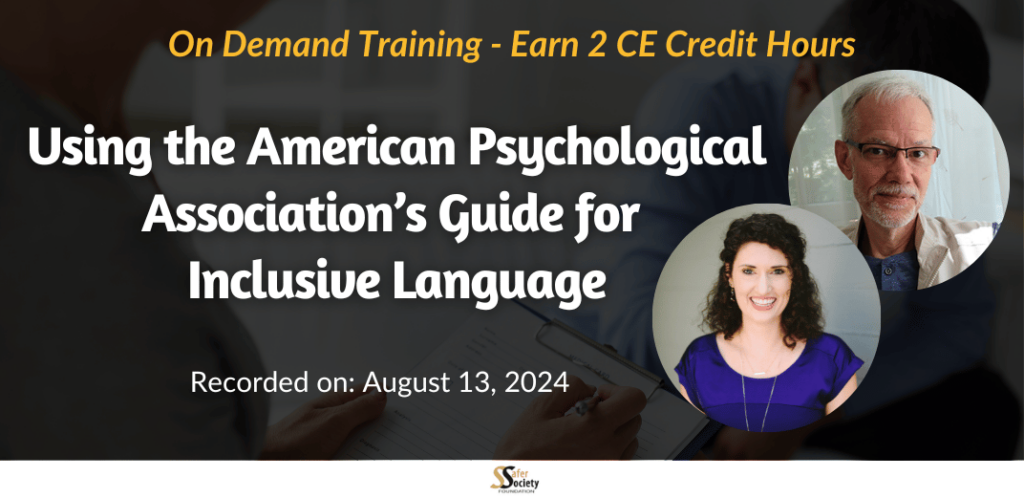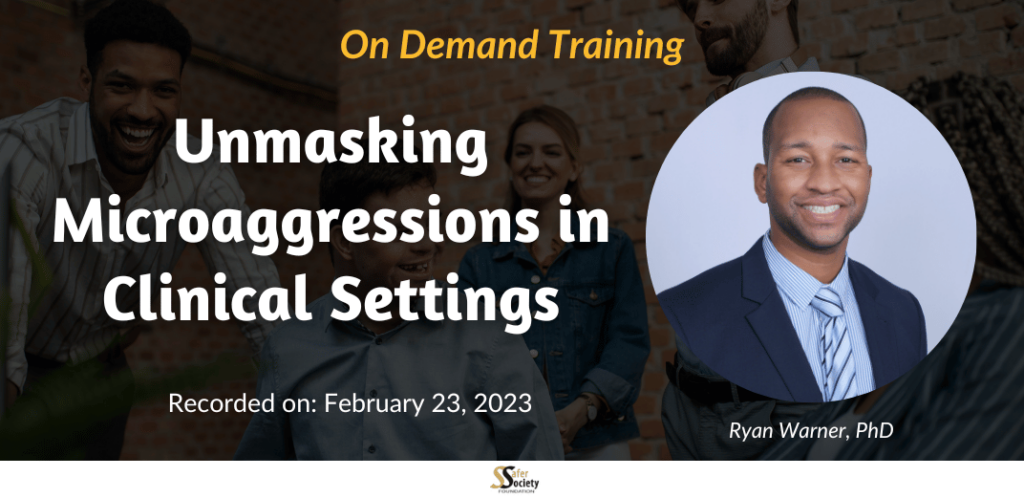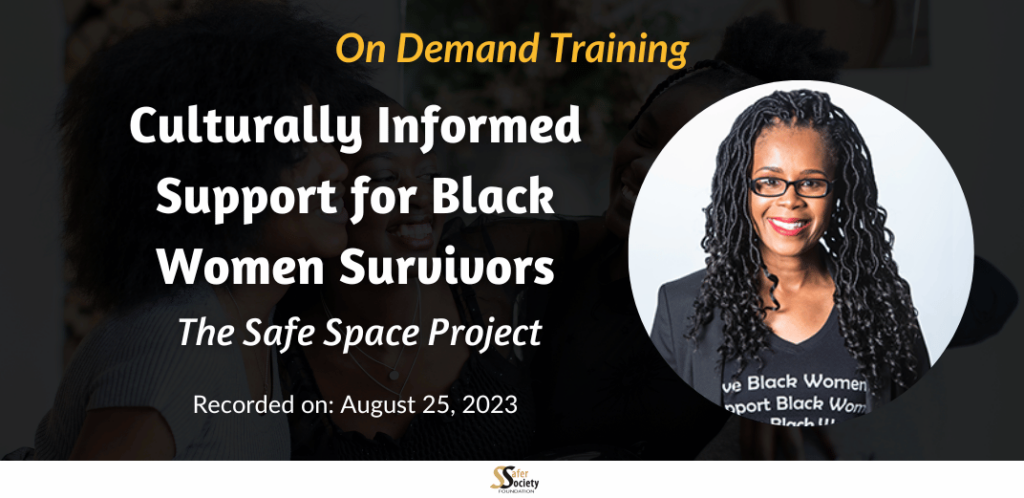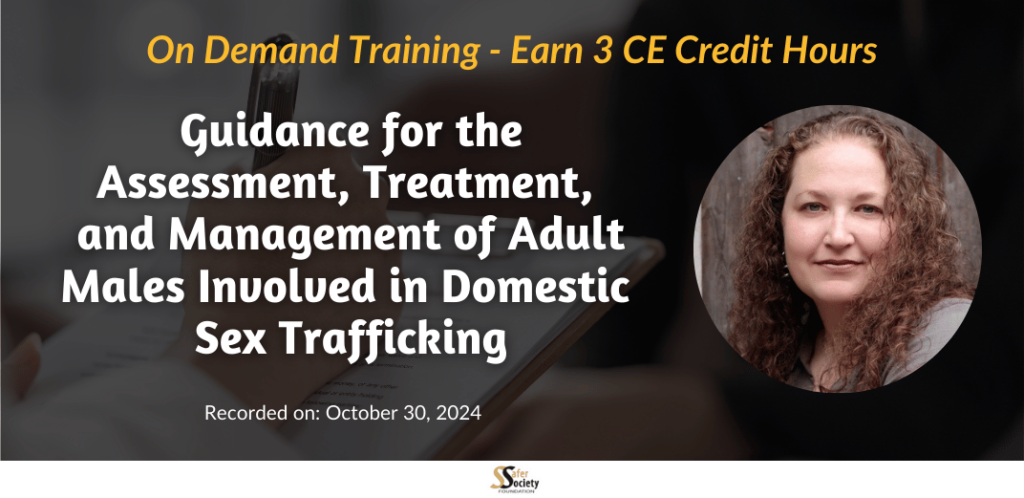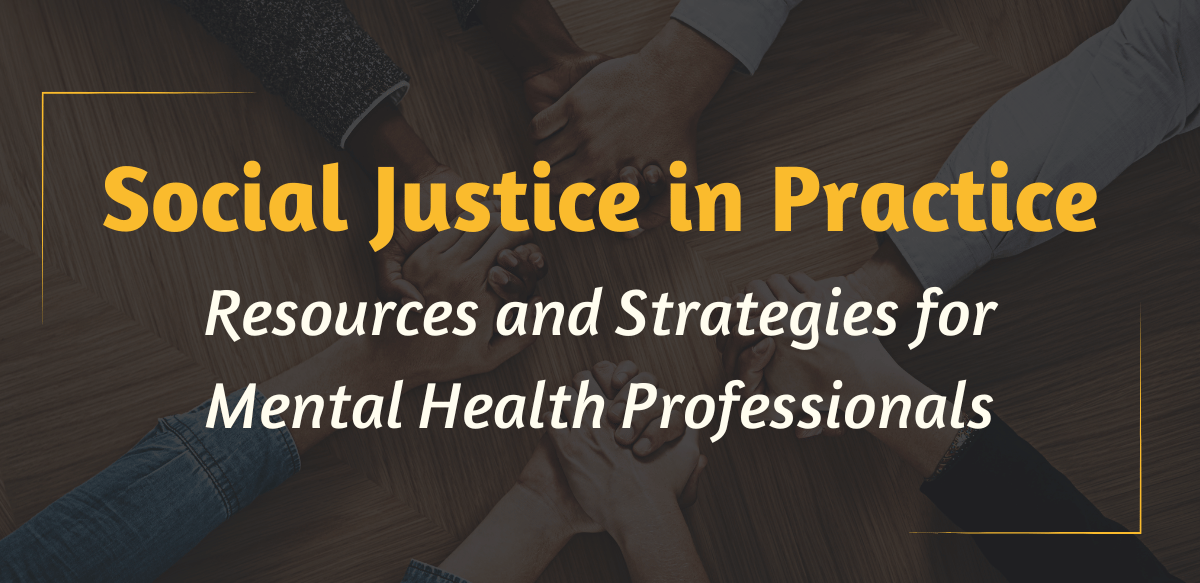
Every year on February 20th, the world observes the World Day of Social Justice, a day organized by the United Nations and coordinated by the International Labor Organization (ILO). This day serves as a call to action, urging us to recognize and address the importance of social justice in fostering human dignity. The goals of this day are to unite communities in the effort to eliminate poverty, illiteracy, discrimination, gender inequality, and exclusion.
These are the foundations upon which healthier, more equitable communities are built. We must confront these stark realities:
- Women and girls made up 90% of sex trafficking victims worldwide.
- Inequality contributes to over 21,300 deaths every day3, an incredible loss stemming from hunger, lack of healthcare, and the many other crises that affect marginalized communities.
- LGBTQ+ youths face significantly higher risks of adverse outcomes compared with their cisgender peers, including higher rates of discrimination, violence, trauma, suicide, and homelessness.
- Over 700 million people live in extreme poverty despite being employed1, and where 244 million children are out of school.
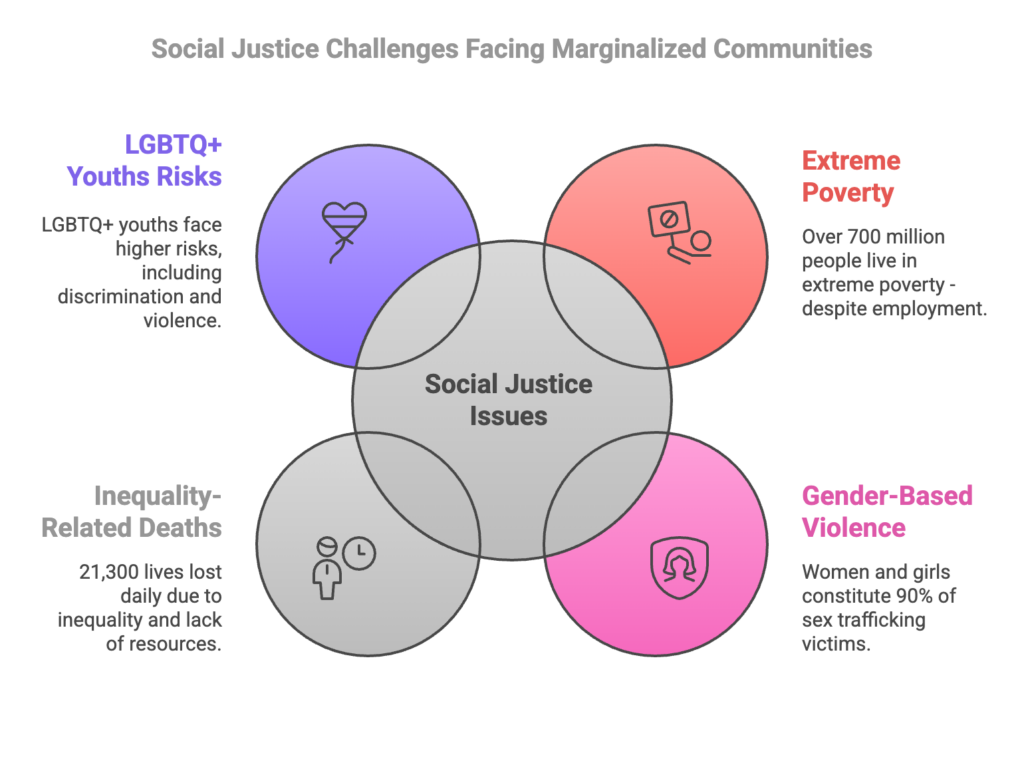
The World Day of Social Justice emphasizes four fundamental principles we need to consider when evaluating the justness of our society and our actions: equity, access, participation, and rights. As mental health professionals, we must examine our work with marginalized populations to ensure we are supporting them in the following ways:
- Equity: Recognizing that every individual starts from a different place and each one deserves a unique kind of support to succeed. In our work, we must take into account the systemic barriers marginalized people face on a daily basis.
- Access: Facilitating the removal of systemic obstacles to ensure that everyone can obtain essential resources and opportunities, such as healthcare and education.
- Participation: Ensuring that everyone has the opportunity to be involved in decisions that affect their lives. It is our responsibility to amplify and value all voices, especially those from marginalized communities.
- Rights: Recognizing and protecting the fundamental human rights that of individuals, including civil, political, economic, social, and gender equality rights.
How Can Mental Health Practitioners Get Involved?
The World Day of Social Justice serves as an important reminder of our professional responsibility to create more just and inclusive systems for our clients. By acting to address inequalities, we can contribute to meaningful change in the lives of the individuals and communities we serve.
You will find several resources among our educational offerings aligned with these objectives. Some of these include:
Many mental health workers are accustomed to asking clients for their “preferred pronouns.” However, it’s important to recognize that using the term “preferred” might suggest that pronouns are optional or a matter of choice, when in reality, pronouns are a fundamental aspect of a person’s identity. In this fascinating discussion between Molly Shepard and David Prescott, they recommend simply asking for a person’s “pronouns” or perhaps their “identified pronouns”.
Unmasking Microaggressions in Clinical Settings
You may hear clients use an expression such as “So, who’s the man in this relationship?” This is a type of verbal microaggressions that reinforces heteronormative assumptions about same-sex relationships. Statements like these, as well as other types of microaggressions (behavioral and environmental) as well as microinsults and microinvalidations are discussed at length in this training by Dr. Ryan Warner.
Our Safe Haven: Strengthening Allyship and Enhancing Mental Health Support for the LGBTQ+ Community
To build the kind of world that the World Day of Social Justice envisions, we’re going to have to go beyond being “allies” and become “accomplices”: people who carry out the uncomfortable work of trying to create the equitable world we talk about. If you’re not sure how this can be done, we encourage you to join one of our free “Our Safe Haven” sessions during which mental health practitioners share their challenges and the concrete strategies they have found developed over their years of practice serving marginalized members of our community.
Culturally Informed Support for Black Women Survivors
The World Day of Social Justice, highlights how Black women who survive sexual violence continue to face challenges. Dr. Tyffani Monford’s research reveals a startling pattern: only one in sixteen Black women reports their sexual assault. She explains that many women stay quiet because of broken trust in the legal system and what she terms “Cultural Betrayal Trauma. That is, when attackers come from the survivor’s own community, black women often choose silence to shield their community from stigma, which sacrifices their own path to justice.
Did you know that an estimated one in three runaway or homeless teens is approached by a trafficker within just two days of being on the streets? And while incarcerating convicted traffickers is essential, punitive approaches rarely address root causes. Instead, interventions targeting trauma, social factors, and thinking patterns consistently show better outcomes. Katie Gotch, LPC, CCSOT, ATSA-F, discusses some of the treatment approaches that have shown research support in this important training.
Additional Sources:
- World Bank Group: Understanding Poverty
- UNWomen: Facts and figures: Ending violence against women
- Oxfam: 5 shocking facts about global extreme inequality

